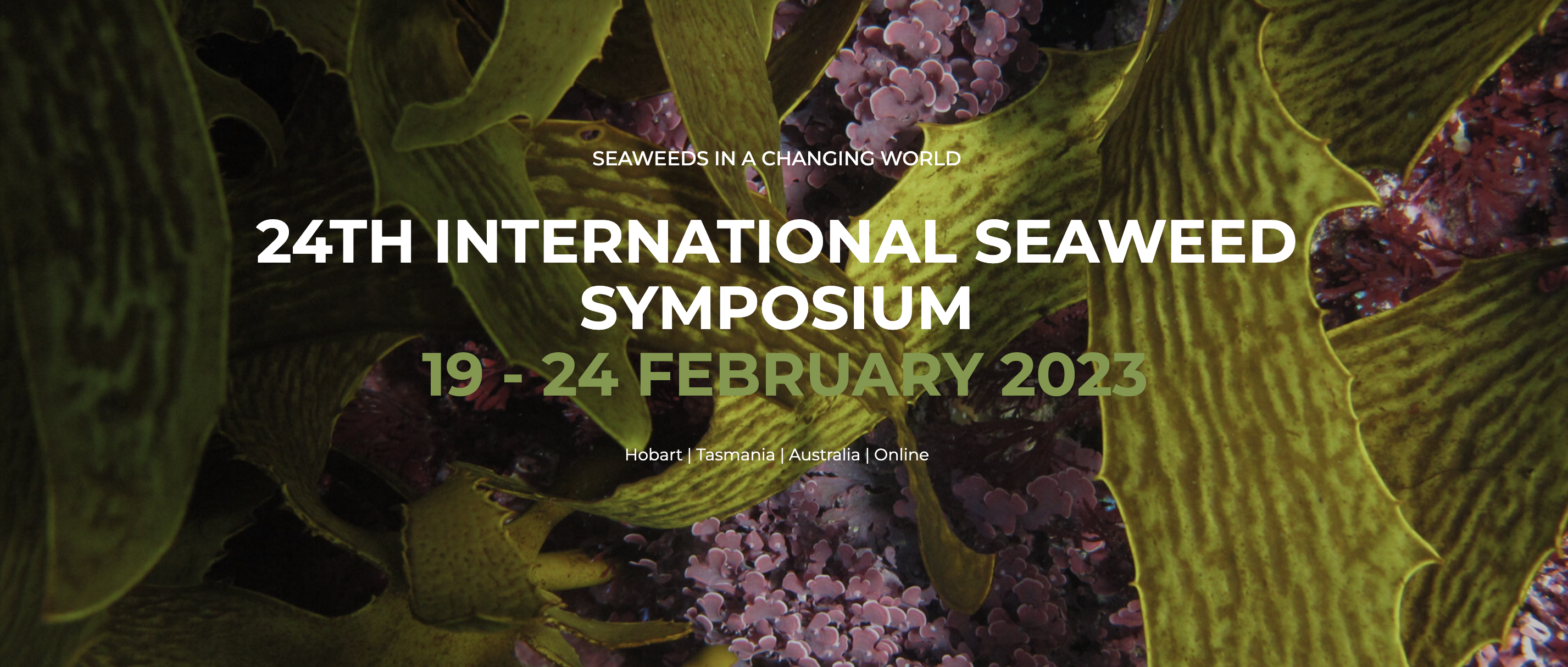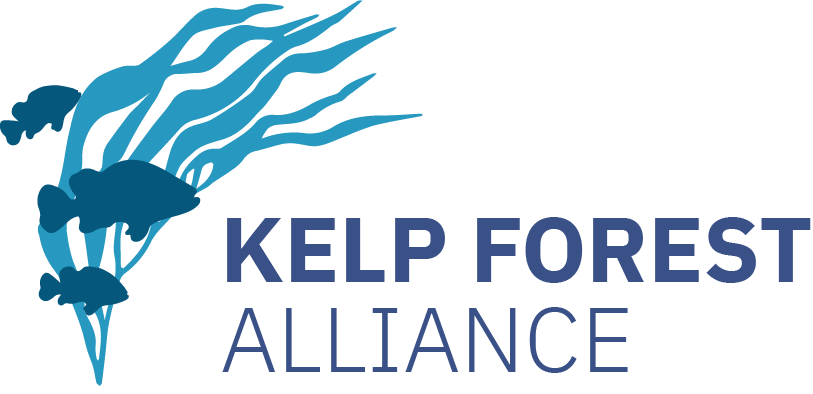The key topics of discussion were the impact of climate change on seaweeds, seaweed bioplastics, seaweed as a carbon sink, and community-led restoration of kelp forest ecosystems. Discussions also highlighted Indigenous partnerships, socio-impacts, and the role of seaweed in coastal ecosystems.
On the day before, the Kelp Forest Alliance introduced an open-access global database, allowing the sharing of insights into restoration projects worldwide. This platform aims to accelerate kelp restoration by enabling the exchange of successful practices and failures among diverse stakeholders.
Quote: “Talking to people, we found that they would be exceptionally passionate about their local kelp forest but they weren’t sure how to seek expert advice or connect with people from different backgrounds.” Aaron Eger – Kelp Forest Alliance
The Kelp Forest Alliance also established a community hub, fostering collaboration among individuals, communities, organisations, and experts in kelp forest restoration. This initiative breaks down barriers, connecting passionate stakeholders—from conservationists to businesses to governments—creating an open forum for knowledge exchange and collaboration.
At the ISS, global restoration experts convened under the banner of the Kelp Forest Alliance to set ambitious restoration goals and develop strategies to advance kelp forest restoration efforts globally. This collective effort aims to combat threats to kelp forests across the world's seas, propelling the mission to restore these vital underwater ecosystems.
From this meeting, the Nature Conservancy, Kelp Forest Alliance, University of TAS, and over 45 partner institutions are preparing a global roadmap to scale up kelp forest conservation. This collaborative effort seeks to provide tangible advice and actions to protect and restore 4 million hectares of kelp by 2040.



